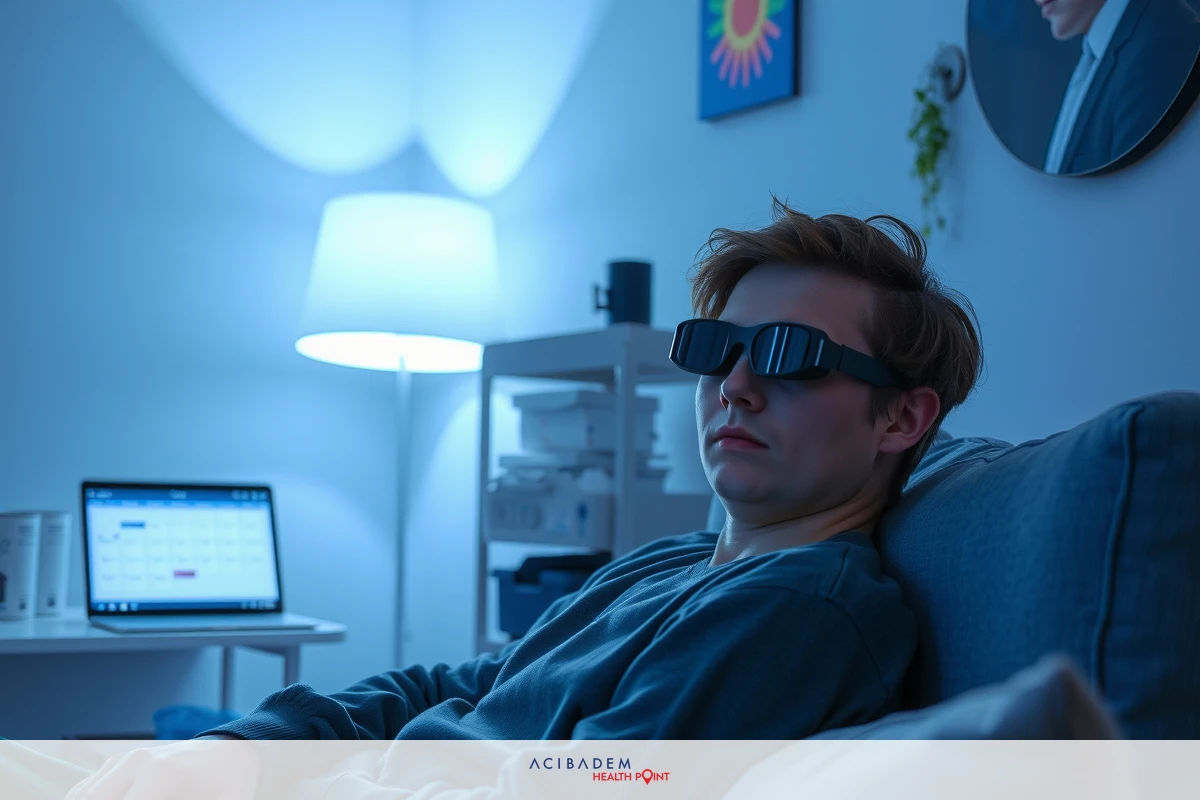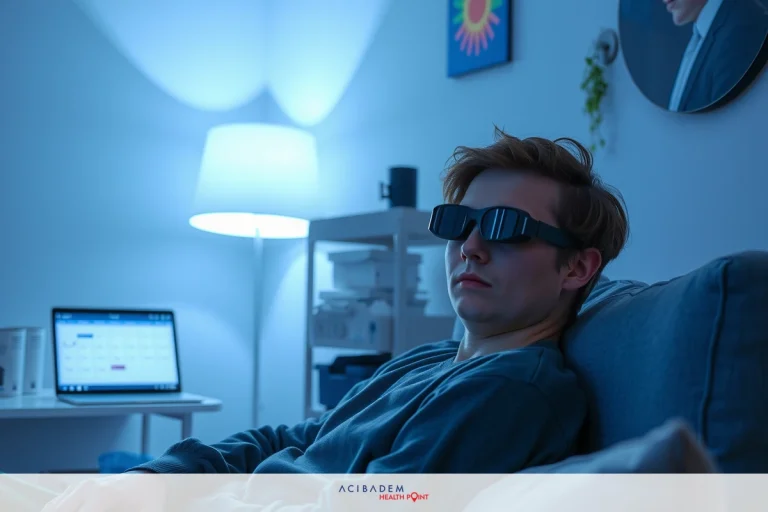How Long Before You Can Drive After Laser Eye Surgery
How Long Before You Can Drive After Laser Eye Surgery Recovering from laser eye surgery can be a period of adjustment, as patients must navigate their daily lives with newly corrected vision. One common concern is the timeline for resuming driving after this type of operation. The answer varies significantly based on individual healing processes and the complexity of the procedure performed.
Post-operative guidelines are crucial to follow for a safe transition back to regular activities like driving. These recommendations include avoiding straining your eyes for prolonged periods, using prescribed medications diligently, attending all follow-up appointments, and most importantly—waiting until your doctor gives you clearance before getting behind the wheel again.
Understanding visual acuity requirements post-surgery is also essential because it directly impacts one’s ability to drive safely. It’s imperative that sufficient time has passed since surgery so that fluctuating vision stabilizes enough to meet legal driving standards. Keep in mind; these criteria may differ depending upon local regulations.
Recovery Time
The recovery time following laser eye surgery is a pivotal factor in determining when one can resume driving. It’s worth noting that individual healing processes and the type of surgical procedure undergone play significant roles in dictating the duration of this period. Generally, patients find their vision stabilizes within hours to days post-operation, but it could take up to several weeks for some.
For individuals who have undergone LASIK or PRK surgeries—two common types of laser eye procedures—the timeline might differ slightly. After LASIK surgery, many patients report clear vision within a few hours; however, doctors typically recommend refraining from driving until after your first follow-up appointment, usually scheduled 24-48 hours post-surgery. On the other hand, people who choose PRK may need to wait a week or more before getting back on the road due to slower visual recovery.
During this critical phase of recovery time after laser eye surgery, adhering strictly to prescribed care routines is crucial—not only for ensuring optimal healing but also assessing readiness for activities like driving. This includes using prescribed medications meticulously and attending all follow-up appointments with your doctor where they will monitor your progress closely and advise you on when it would be safe enough for you to drive again. Not rushing into resuming normal activities until granted clearance by medical professionals as it ensures safety both for oneself and others on the road.
Post-Operative Guidelines
After undergoing laser eye surgery, it’s important to adhere strictly to the post-operative guidelines provided by your doctor. These instructions are designed not only to aid in a smooth recovery but also ensure you’re equipped with essential information about when and how you can resume driving safely.
The following is a list of key post-operative guidelines for patients who have undergone laser eye surgery:
1. Eye Protection: Protecting your eyes from dust, debris, and bright light after surgery is crucial. You might want to consider wearing sunglasses while driving during the day.
2. Medication: Use all prescribed medications as directed by your surgeon. This may include eye drops that help prevent infection and inflammation.
- Avoid Straining Your Eyes: Avoid activities that strain your eyes such as reading or using electronic devices

The image depicts a young man sitting on a couch with a laptop in front of him. The room has an indoor setting, likely a living room, with modern furniture and decorative elements like artwork on the wall. for long periods.
- Follow-Up Appointments: Attend all scheduled follow-up appointments so that the doctor can monitor your healing process and assess whether your visual acuity meets the requirements for safe driving.
- Rest: Give yourself plenty of rest and avoid strenuous activities until given clearance by the doctor; this includes refraining from driving immediately after surgery.
These guidelines serve as vital touchstones on one’s road to recovery after laser eye surgery—and resuming normal life activities like driving without compromising safety standards remains paramount among them!
Visual Acuity Requirements
Visual acuity is crucial for safe driving after laser eye surgery, as it determines the clarity of your vision. Following the surgery, there may be temporary fluctuations in your visual acuity, particularly within the first 1-2 days post-operation. During this initial recovery period, it’s essential to exercise caution and refrain from driving until you’ve received clearance from your eye surgeon to ensure your safety and the safety of others on the road.
In many regions, there exist legal requirements for visual acuity that drivers must meet. After undergoing laser eye surgery, patients should ensure their recovered vision complies with these stipulations before resuming driving. For instance, some jurisdictions require a minimum corrected visual acuity of 20/40 for unrestricted driving rights; however, this can vary across different areas and depend on whether you’re operating private or commercial vehicles.
While surgeons use state-of-the-art technology during procedures like LASIK or PRK to optimize outcomes—meeting required levels of visual acuity isn’t instantaneous following such interventions. Patients might experience episodes of blurred vision or light sensitivity initially as part of the healing process which could affect their ability to drive immediately after surgery. Waiting until these transient symptoms subside and stabilizing your vision becomes paramount in ensuring safety behind the wheel post-surgery. Regular follow-up visits with your doctor will help gauge when exactly you have reached suitable levels of improvement permitting safe return back on roads.
Frequently Asked Questions
How soon can I drive after LASIK surgery?
Typically, patients are advised not to drive immediately after the surgery. Most people find their vision stabilizes enough for driving within 1-2 days post-operation; however, it's best to wait until your doctor approves during a follow-up examination.
What factors affect my recovery time and when I can start driving again?
Several factors such as individual healing speed, type of surgical procedure undergone, adherence to post-operative care instructions could influence the recovery timeline and consequently when you may resume driving.
Can I drive myself home right after laser eye surgery?
No, you should arrange for someone else to drive you home following the procedure. Your vision will be blurry initially and adjusting to bright lights might take some time.
Are there any specific precautions while driving after laser eye surgery?
Yes. Protecting your eyes from dust and direct sunlight is crucial—consider wearing sunglasses while driving during daylight hours. Also adhering strictly to medication routines and avoiding straining your eyes could help accelerate your return back on roads safely.
Please note that these answers are provided for informational purposes only and do not constitute medical advice or replace professional consultations. Always consult with a healthcare professional regarding any questions or concerns about your health condition.








